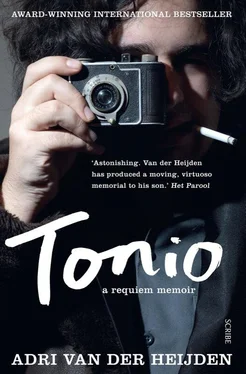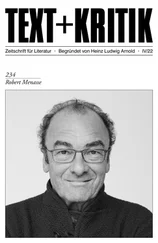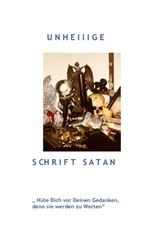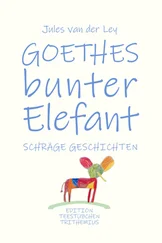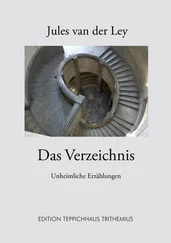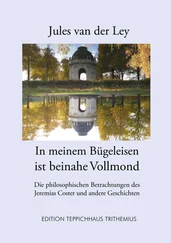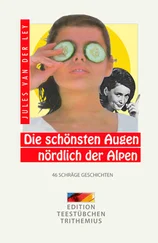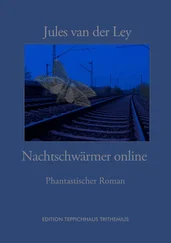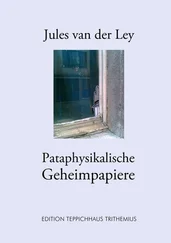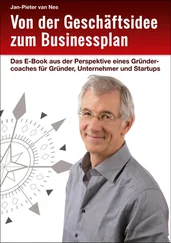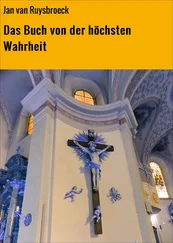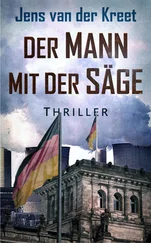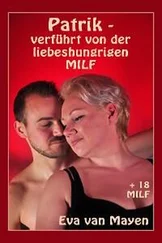Although there wasn’t an obvious resemblance to Hinde, I could tell right away that they must be sisters; this one, the younger of the two, I guessed about eighteen.
When she noticed me, no more than a vague shadow of recognition passed over her face. Maybe she couldn’t place me any better than I could her, and she only thought she should know who I was because I lived in the house that provided her sister’s squat with running water. Her ‘hello’ was diffident and distant in equal measure; its slightly questioning tone did not tally with the broad, carefree smile (a kind of gentle grin) with which she returned my greeting. It seemed to me that in passing she looked at me just a tad too long (which means I did the same), causing her to overshoot the bike rack, so she ended up propping her bike against the front of no. 207.
When I looked back as I walked along the sidewalk past the school, she was half bent over her bike, pulling the chain lock through the spokes. The front of the too-wide coat — really no more than a coal sack, just as black and just as shapeless — hung all the way to the ground. The chubbiness — well all right, that wasn’t her strong point, but she was definitely pretty. But that shabby old rag really had to go. She slighted herself with it — and, by extension, me, although she was far from being H&NE yet.
All the more vexing was that I didn’t see her again for the next few months. So like it or not, I was forced to picture her in that filthy raincoat.
9
The Utrechtsebrug. As mucky and murky as the water could look under low cloud cover, in today’s morning sunshine the Amstel River glistened as though silver-plated. The brilliant sunlight bleached the surrounding colours, bathing everything in the same milky blue.
The bridge was always the last landmark on the way home from vacations in the south. Tonio used to start talking about it as soon as we left Lugano or the Dordogne: on the other side of the Amstel, a man-sized K’Nex Ferris wheel was waiting for him to complete its construction. For me, the Utrechtsebrug symbolised the imminent reunion with my stationery shop up on the third floor. So for hundreds of kilometres we could all look forward, each in his own way, to this gateway to the city.
For Miriam, the bridge meant an end to many hours of concentrated driving. She never really had an outspoken opinion about post-vacation life. Yes, being home, nothing beat that.
On the front seat of the van, the two police officers focused on the exact route to the AMC — as though they couldn’t have done it blindfolded. The woman reminded her colleague that he just had to keep an eye out for the hospital exit, which wouldn’t be signposted for a while yet. They were young, fresh from the academy. Having to concentrate on the traffic came in handy: this way they didn’t have to worry about us.
Between their seat and ours was an empty middle row whose back regretfully did not offer us complete invisibility. With both arms around Miriam, I kept a stranglehold on her. I made half-hearted hushing noises, but did not know what to say to her. That everything would be all right? What right did I have?
In a critical condition . I was incessantly, feverishly analysing that phrase. Since Miriam had frantically shouted those four words, and the policeman had repeated them with professional calm, their meaning swung back and forth. At one moment they announced the inevitable, the next moment they took on something reassuring. Recently on the news a casualty was said to be in a critical condition. Two days later the papers reported the injuries to be no longer life-threatening.
‘Our Tonio,’ Miriam murmured. ‘It might already be too late.’
‘No, Minchen, you mustn’t think that.’
Critical was critical, and nothing else. Critical did not mean: dead. Not even: as good as dead. Critical meant: alive (as long as not proved to the contrary). Critical was something you had to get through.
Miriam sniffed, but it was not hysterical crying. ‘We’re too late, I can feel it.’
‘I forbid you to talk like that.’
10
H&NE: Her and No-one Else. All right, now that I had chosen this woman (this girl), I’d have to put my money where my mouth is. Make nice things for her: folding paper boxes filled with images and anecdotes, but I would also have to open real, existing worlds for her. The hedges surrounding the ivy-clad house. The chicken wire of the champagne cork. The salt edge around the pink sirloin.
The boom gate of paradise.
When I learnt from her parents that they had considered naming their second daughter ‘Minchen’ after her German grandmother, I tried it out on her, at first teasingly. Too often, perhaps, because at a certain point I couldn’t shake it off my tongue. She has remained Minchen to this day.
Meanwhile … something was not right, something that could well backfire one day. Too young. Just turned twenty. She hadn’t, to put it officially, had time to sow her wild oats. One day she would realise that she’d spent her youth with only me … and that there were some secret things she had never been able to make the most of …
I couldn’t just put the brakes on the restless life I’d been leading for all these years. Amsterdam meant loafing around, sleeping in, accomplishing little. The discomfort of travelling spurred me to labour. I wrote in night trains, in the cubbyhole of an illegal hostel, on draughty train platforms, seated between two pallets jam-packed with chicks: an uncommon late-evening serenade.
In January 1980, I took a train to Naples, and from there a boat to Ischia. Arriving back at Amsterdam Central Station in February, I made the acquaintance of the paralysis that would overwhelm Miriam after a long absence (a repeat of the farewell-paralysis of a month earlier). It could have something to do with the fear of abandonment that permanently plagued her family, compliments of recent European history.
In late March of that year, I left for Calabria. Starting in the toe of Italy’s boot, I travelled northwards along the coast, investigating every village until I found a enchantingly tiled hotel room in Positano, on the Amalfi coast. I thought: This is the place . Every telephone call to Miriam cost me ten thousand lire.
‘Minchen, I’ll come get you at the end of May. Then we’ll stay here for another month.’
Was it only about working in seclusion? Or did I, even then, want to view my happiness from time to time from a distance, preferably through reversed binoculars? Whatever the case, it later became a routine.
When I think back on myself in those days … Always busy with those massive manuscripts. All for her. The conceit and vanity did not end with the written and printed word. The young writer wanted to live better per book . He undertook a long march through the architecture of desirable locations, to the palazzo, the country estate, the Spanish castle. I pulled out all the stops for her, but apparently did something wrong. I went over the top. It flustered her, like the child who sees an oversized stuffed bear emerge from the wrapping paper.
With her around, I could do anything. Miriam was a muse down to the smallest domestic detail. Without her contribution we would have never had a better house. She was a master key that opened all doors.
She saw to it that I finished what I started, just by being there. (More than that wasn’t necessary.) But having a child — that was out of the question. I could plead and pray as much as I wanted.
‘I’m still young, aren’t I? How about letting me finish my degree first?’
Although the doctors couldn’t find anything, I felt sick and exhausted and, like Mozart on his deathbed, ‘the taste of death was on my tongue’. Transferring life into a child gradually become an obsession. Sure, she commiserated, but even if I were to drop dead at her feet, she would not give in.
Читать дальше
